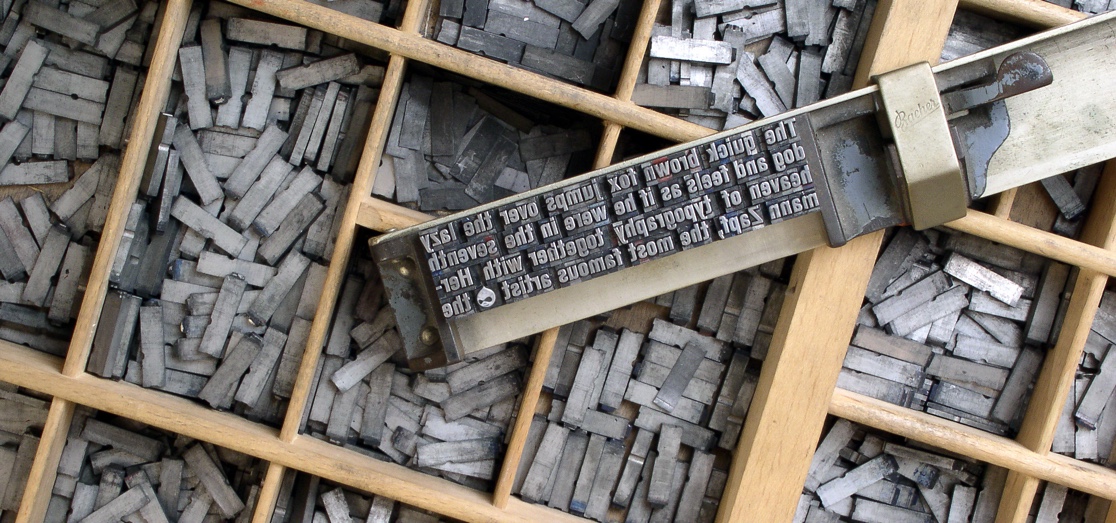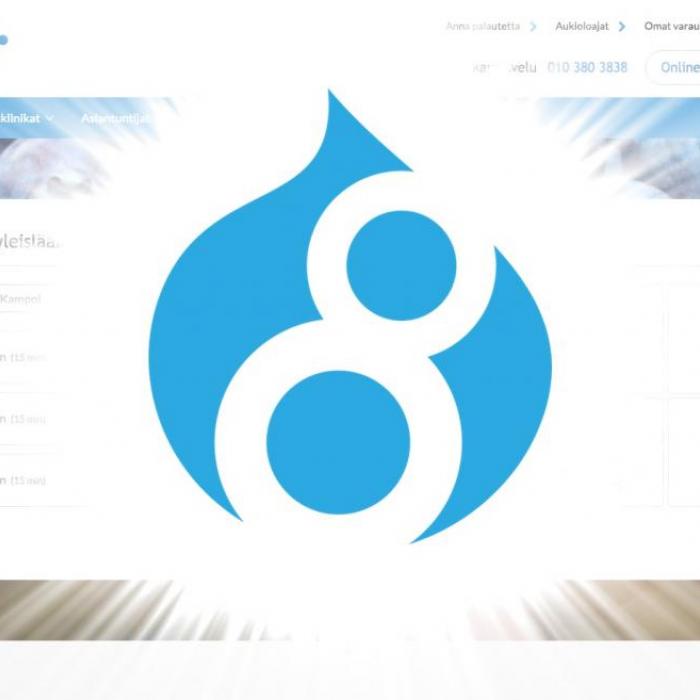
Platforms for the digital media of tomorrow
Pauli Aalto-Setälä wrote an excellent piece as a guest blogger on Markkinointi & Mainonta magazine titled "Näin mediasta tulee taas bisnes - Journalismin viisi mahdollisuutta" (“How Media will become a Business again – Journalism’s Five chances”). Even though I haven’t had to dabble with display advertising, over the last five years I have become acutely aware of media’s despair concerning digitalization, and I have, from time to time, pessimistically believed that the whole industry would shrivel up and be swept away by the tidal wave that is the internet while desperately trying to cling on to its tired old advertising conventions like a piece of driftwood. However, Aalto-Setälä’s blog text with its fresh ideas gave me some hope that maybe media could have the ability to reform. Hopefully others took the hint too. Maybe we should start figuring out what kinds of platforms and solutions the digital journalists and publishers of tomorrow are looking for.
From the point of view of the common man, media consumption has changed completely during the last decade. The incredible world of the internet overflows with free (and specialized) content for the linguistically adept to pore over, and an ever growing army of bloggers keeps on churning out more at an increasing rate. The quality of the texts that amateur bloggers produce rarely reaches the level of professional journalism, but once the reader gets used to their stylistic mistakes, the differences are easy to disregard. Therefore the strength of large media houses lies not in the bedecking of edited content with advertising, because that can be done by anyone. Aalto-Setälä’s blog highlighted five ideas about how media could stand out from the crowd and create valuable (monetarily and otherwise) content. For the most part, the change has to be borne by the skills of the digital journalist and the flexibility of the platform the journalist works with.
The blog mentioned that coding is the new English. I believe that Aalto-Setälä is correct: It’s been a good while since just knowing how to properly write Finnish, Swedish and English helped boost the career of a wordsmith. First the ability to articulate clearly in front of television cameras was added to the list of expected attributes, and now, as data journalism is becoming more common, you should be able to express yourself through computing, too. On top of that, print media is constantly trying to find its place by expanding into a comprehensive service channel that combines professional articles with valuable moving image services, like recipe databases or an offline resort guide for a vacation magazine.
As things become more complex, media has to often rely on tailor made solutions, but everything can’t be built article by article or even publication by publication due to financial reasons. And a clean, ready-made solution can’t be found anywhere, except the dreams of marketing people. I therefore truly believe that Drupal will become more and more important especially within the field of media. It handles article and blog content effortlessly, displays video, and whole applications can be built on top of it. The same Drupal installation can house the web presences of multiple magazines that can share some of the content with each other.
Large scale platform projects have mainly been done by media giants even though the change in the field touches everyone. If Drupal and open source solution were used, the whole media field could be levelled. If a few smaller publications did a co-op project, they could choose the features for their shared platform from the ten thousand ready modules found in Drupal.org, and when something more specific would have to be built, it could then be published for the community to develop further.
Whatever the tool used in solving the problem, it should be clear to anyone that clinging on to the past and worshipping print machines and digital editions is a sure fire way of pushing the readers to the warm embrace of the competition. Something new has to be created, preferably in a cost effective way. Sounds impossible, right?
Image: Wikipedia with small edits







